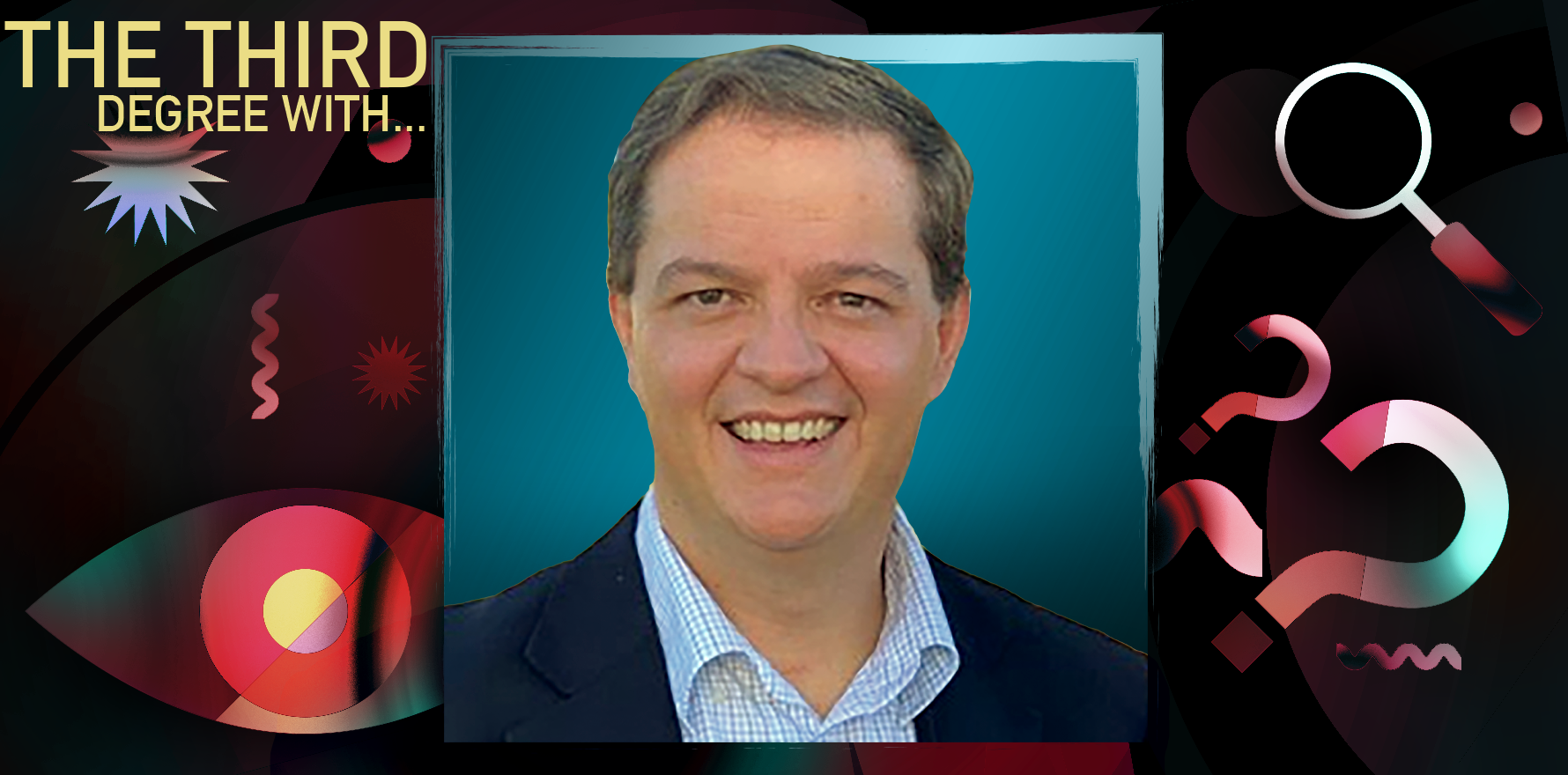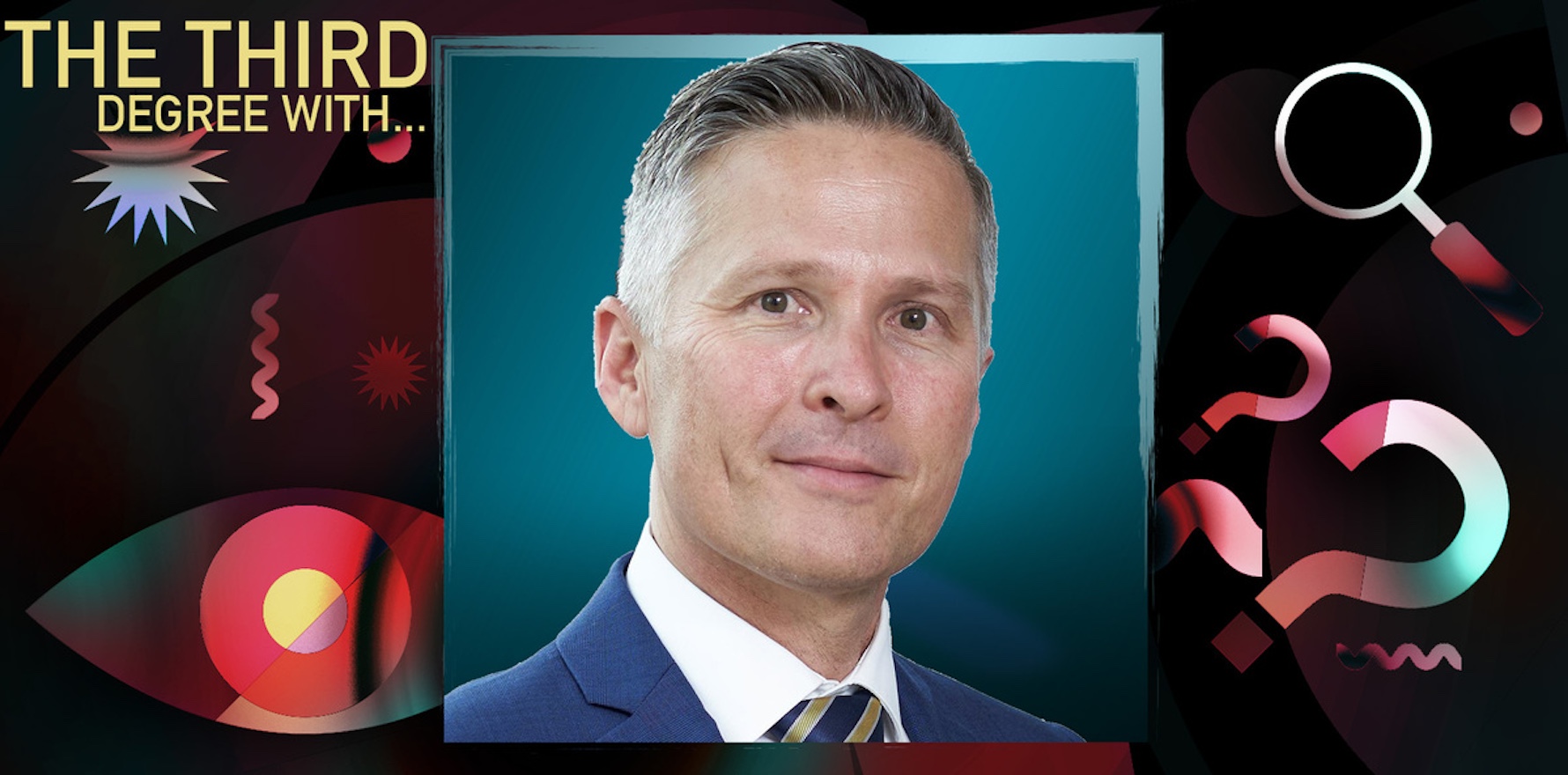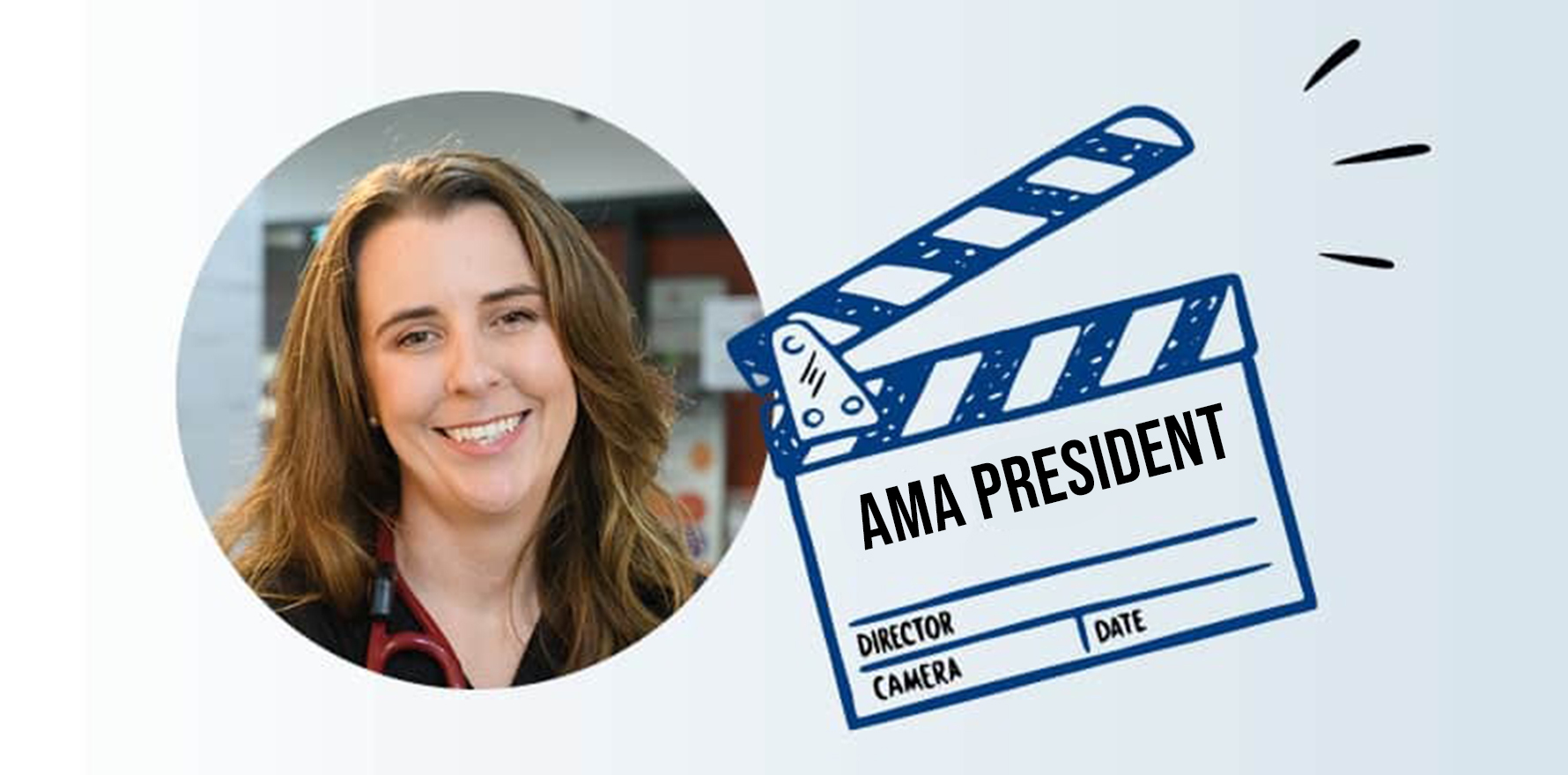Could patients be the untapped advocacy resource to save general practice? RACGP vice president Associate Professor Michael Clements is willing to bet they are.
After eight years of serving in various college representative roles, RACGP vice president Associate Professor Michael Clements says he’s ready for the top job.
A former Royal Australian Air Force doctor, Professor Clements is based out of the regional Queensland city of Townsville.
Prior to taking up the vice-presidential role, he was chair of the rural faculty.
TMR: From Kamala Harris to Dr Danielle McMullen, vice presidents are having a bit of a moment. Michael, do you think you can keep the ball rolling?
Professor Clements: I’d like to think that if becoming a president was like an apprenticeship or a fellowship training program, that I have done the training program and have graduated.
I’ve spent over seven years on the Queensland council and the rural council, then as chair and then on the board and then topping it off as the vice president.
It means that I’m ready and it means that I’ve got the relationships, I’ve got the understanding of the business side of the college, as well as the board … and I’m ready to step into that role.
I do think there’s a good argument for having a good leading period to the presidency, particularly at this time where we really under are under threat.
I think there’s a benefit in having somebody that’s going to hit the ground knowing who all the people are, who all the stakeholders are and has already had the training and built the relationships and is ready to prosecute this case.
And what would your top priority be as president?
I have three key priorities, because – as every political lobbyist knows – you only ever go in with three things.
The first one is a focus on our international medical graduates and the fact that many of our processes, not just within the college, but externally, are still unfairly placing a burden on everything from their entry to their training.
As rural chair, I’ve had the privilege of meeting many, many international medical graduates providing wonderful services.
The stories that I hear of what they’ve been through to get to the point where they’re serving their community is horrendous, and many Australian graduates wouldn’t stand for it.
The second key focus is on the registrar training program and the experience of general practice in the early years.
This means arguing for pay parity. I think our registrars should be expecting to be paid the same wage as hospital registrars for similar work and I think practices can step into this space and afford it, to a certain extent.
The other thing is that, for our registrars, we as a college have been setting training standards and [expecting] practices to deliver on those standards in terms of teaching and employment conditions, but we haven’t been holding them to account.
I certainly continue to hear stories from our members where they aren’t getting the training and supervision that practice had committed to and where they’re being given employment conditions that just aren’t fair.
The third priority is on defending the profession against scope of practice creep.
I’m a GP and practice owner in north Queensland, and I’ve got pharmacies next door to me now that are not just prescribing regularly for urinary tract infections – which to them means any kind of pelvic symptom gets an antibiotic – but they’re now starting to treat certain other medical conditions.
If you turn up there with a rash that they recognise, they’re likely to want to treat you for it.
I’ve seen these things happen in my backyard and I’ve seen that scientific reasoning and presenting an information paper on why it’s wrong doesn’t work.
I’ve seen and talked with politicians who are totally sold on the concept of convenience and access as being more important than patient safety or antibiotic resistance.
We’ve got a lot of work to do, to defend what could be a very bad situation for general practice in the future and turn the scope of practice review into something that … actually helps the recovery of general practice.
Over the last few years, the college has had to transform and pivot, especially as it took on GP training. What does the future look like?
We have come a long way as a college, certainly, in my time on the board.
I have had the privilege of being on council since Bastian Seidel and Harry Nespolon and then Ayman Shenouda.
What I’ve seen is a modernisation. We’ve had Lara Roeske as the current chair bring in a governance review and take a strategic look at where we should be …. over the next five years.
We’ve had to respond, we’ve had to adapt and we’ve had to look at the fact that we doubled in size in terms of staff now that we’re training.
We used to just do standards and education – we didn’t have to do anything with workforce, really, because it wasn’t our remit. But now it is.
I was being rural chair at a time where all of a sudden our KPIs did actually include delivering rural outcomes, delivering rural doctors was actually a KPI put on us by the government, and we were able, as a college, to move forward in that way.
As you mentioned, you’ve been in representative roles with the college for eight years. Were there any recurring roadblocks within the organisation?
One of my challenges has been that as rural chair, I’ve supported rural members, but then when I sat on the board, I was operating for the board.
We need to make decisions, sometimes hard, sometimes easy.
We had to make decisions about fees and about membership categories, and that hurt members. That’s the hard part of the job.
Now that I’ve stepped down as rural chair and as VP to be able to campaign, I can say that we have still got a lot more work to do in the college.
As you’ve heard me say, I think we can look at our internal processes for international medical graduates and Ayman Shenouda is leading a new committee [on that].
I don’t have the answers for that committee, but I can say that I’ll give them every bit of my time and energy and advocate for them to have the resources to do what they know that needs to be done internally.
I do think that we need an exam review.
I often reflect that, when I did my exams a number of years ago, the number of diabetic medications was much, much smaller than it is now.
We have had a significant change to the way that we work as doctors and the amount of resources that are in front of us.
I’ve been at a training practice for many years. I’ve had many of my registrars fail exams, sometimes several times, and I see the pain and the heartache and I agree with them when they ask, ‘why can’t I have some exam feedback?’.
I’m privy to some of the decisions and reasons that the college hasn’t given exam feedback in the past, and I understand them. I just disagree with them.
Certainly, one of my personal views is that we can, as a college, do better in terms of support for our trainees.
We can listen to what they want from the training pathway and I do think we need to talk about our ability to give people reports and reviews on their exam performance, because the RACGP shouldn’t be seen as a big barrier to [working in] general practice.
In your candidate statement, you spoke about there not being a magic statistic or argument that would make Canberra give GPs everything they want. You also spoke about the need to build relationships rather than make threats. Are you a candidate for change or a candidate for consistency?
People who know me, know that it’s important to me that I don’t promise things that I can’t deliver.
I don’t want to be a candidate that comes out and says ‘I’ve got the magic recipe, I’ve got the magic document in my back pocket that I’ve been waiting until now to show the government’.
I don’t want to pretend that I’ve got the magic threat or that, if only I was in the room, I would have been able to get us a better deal on Medicare rebates.
And I say that because I’ve worked with lots of wonderful, very inspiring, very assertive advocates who haven’t been able to achieve it.
Related
That’s why I’d have to say I’m a little bit for consistency.
But consistency is not a bad thing, because I think that the way we will get change is by always being there.
Consistency internally is what I offer, because I’m coming in from VP to president, but [the way we use stakeholders] is going to change.
I want to collaborate with and empower the patient focus groups.
I was in Parliament, knocking on the doors of the previous government asking for rebate change, asking for rural incentives, having lots of conversations and getting nowhere.
It was only when there was an uprising from patients who weren’t getting access to bulk billing doctors, and the patients started knocking on the politician’s doors … that the politicians listened to me.
I will be using all of the stakeholder groups, as much as they will let me, and I will be using patient groups and consumer groups.
It’s about talking to them, giving them a voice and empowering them to have the right arguments to take to their politicians.
More information on Professor Clements’ campaign can be found on his website.
TMR will be back with another RACGP presidential candidate interview next week.
Have a question for the candidates? Email holly@medicalrepublic.com.au.
This interview was edited for length and clarity.





